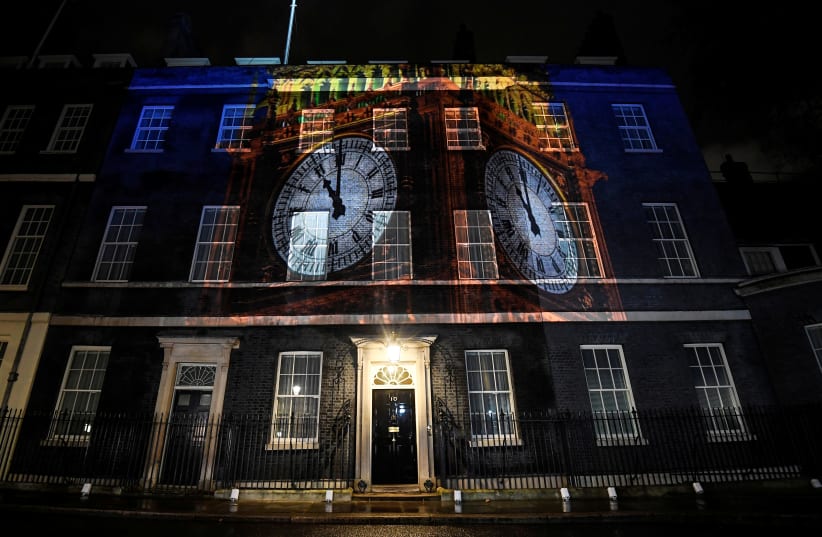Europe has gone into a deep lockdown in a bid to curb the spread of the respiratory disease caused by the virus, with more than 330,000 infections reported on the continent and nearly 21,000 deaths.
In Britain, Prime Minister Boris Johnson and his health minister have both confirmed positive test results for the virus and the prime minister's senior adviser Dominic Cummings - one of the masterminds behind Britain's departure from the EU earlier this year - was self-isolating with symptoms.
"The coronavirus pandemic complicates the already very ambitious schedule," said David McAllister, a conservative German EU lawmaker who chairs the European Parliament's Brexit group.
"The EU has always been open to extending the transition period. The ball is now clearly in the British court... So far, the UK government has constantly rejected such an option. Under the current circumstances, London should carefully re-examine a prolongation."
London and the EU have been seeking to agree a new trade pact by the end of the year to kick in from 2021, even though the bloc has long said that such a timeframe was extremely short to agree cooperation rules on everything from trade to security to fisheries.
Johnson has repeatedly ruled out delaying the date when Brexit would finally take effect following Britain's 2016 vote to leave, and said London was also ready to withdraw from its current cooperation accords at end-year without a new deal.
EU diplomats said on Monday they expected a request from London in May or June.
However, a British government source said, when asked about the matter, that it was sticking to its plans.
"It is something that the government has been very clear about - that it does not intend to extend the transition period," the source said.
"The government is committed to leaving at the end of the year - ideally, with a deal. But if not - without one."
PANDEMIC SAPPING ENERGY
Sources on both sides of the English Channel said tackling the pandemic was sapping political energy and government resources to the detriment of Brexit negotiations.
Several British civil service sources told Reuters many officials previously tasked with focusing on the Brexit talks have now been shifted to teams dealing with the outbreak.
In Brussels, diplomats and officials said there have been no formal negotiations since the sides exchanged their drafts of a new trade agreement in mid-March, though some contacts between officials were taking place to exchange views on the documents.
"Even more so now with coronavirus - there is no way we can get it done on time," said an EU diplomat following Brexit.
"It's increasingly obvious the transition period will have to be extended. It's a matter of political momentum - when things get so bad in Britain that Johnson can do a U-turn and say he is prioritizing saving lives and hence delays Brexit."
Both sides would have to agree by the end of June on the extra time of one or two years. In Britain, the parliament has passed laws ruling that out.Granting more time to figure out a new deal between the EU and Britain would be further complicated by the bloc demanding that London continues to pay into joint coffers of the 27 member states, while retaining funds has been a chief Brexit promise.
